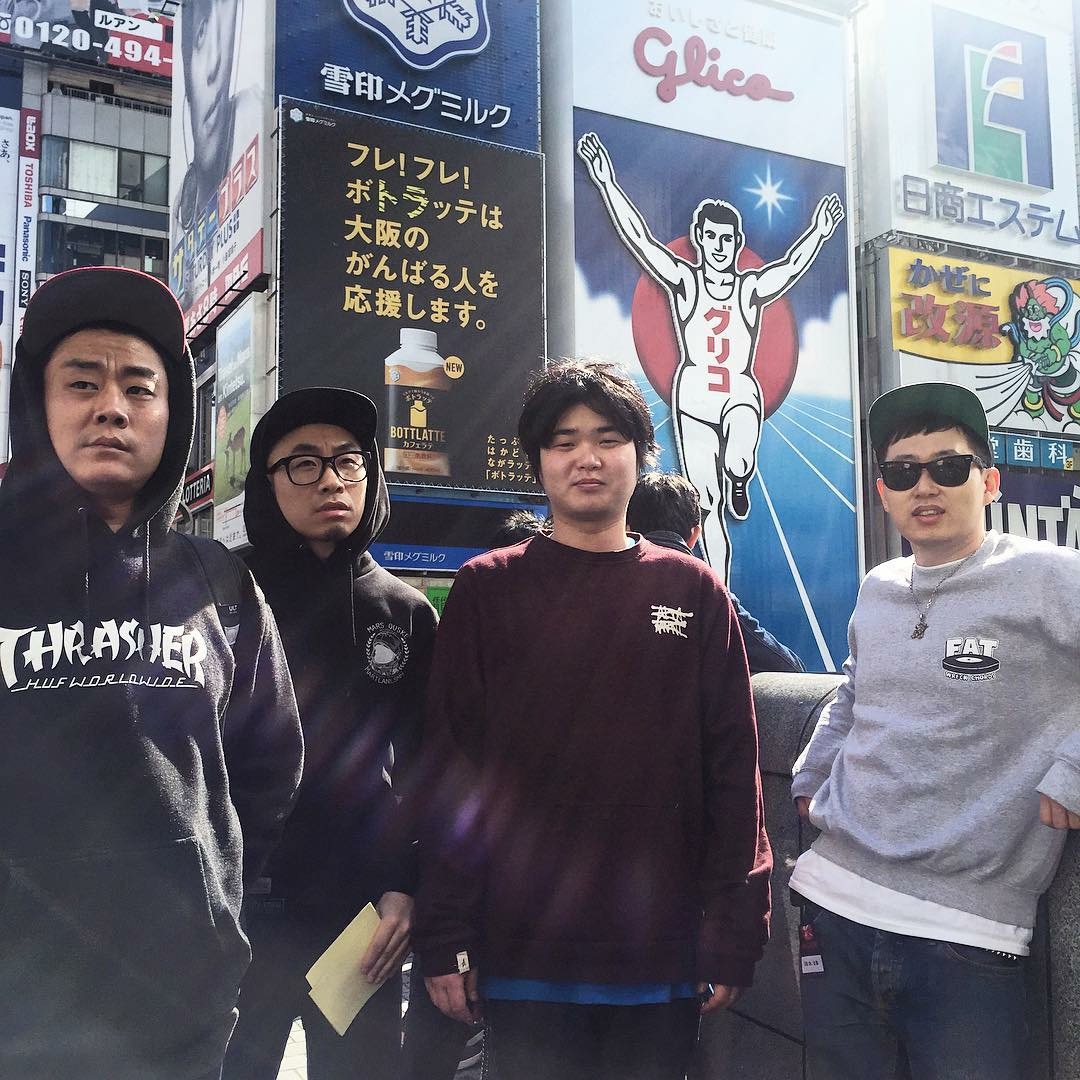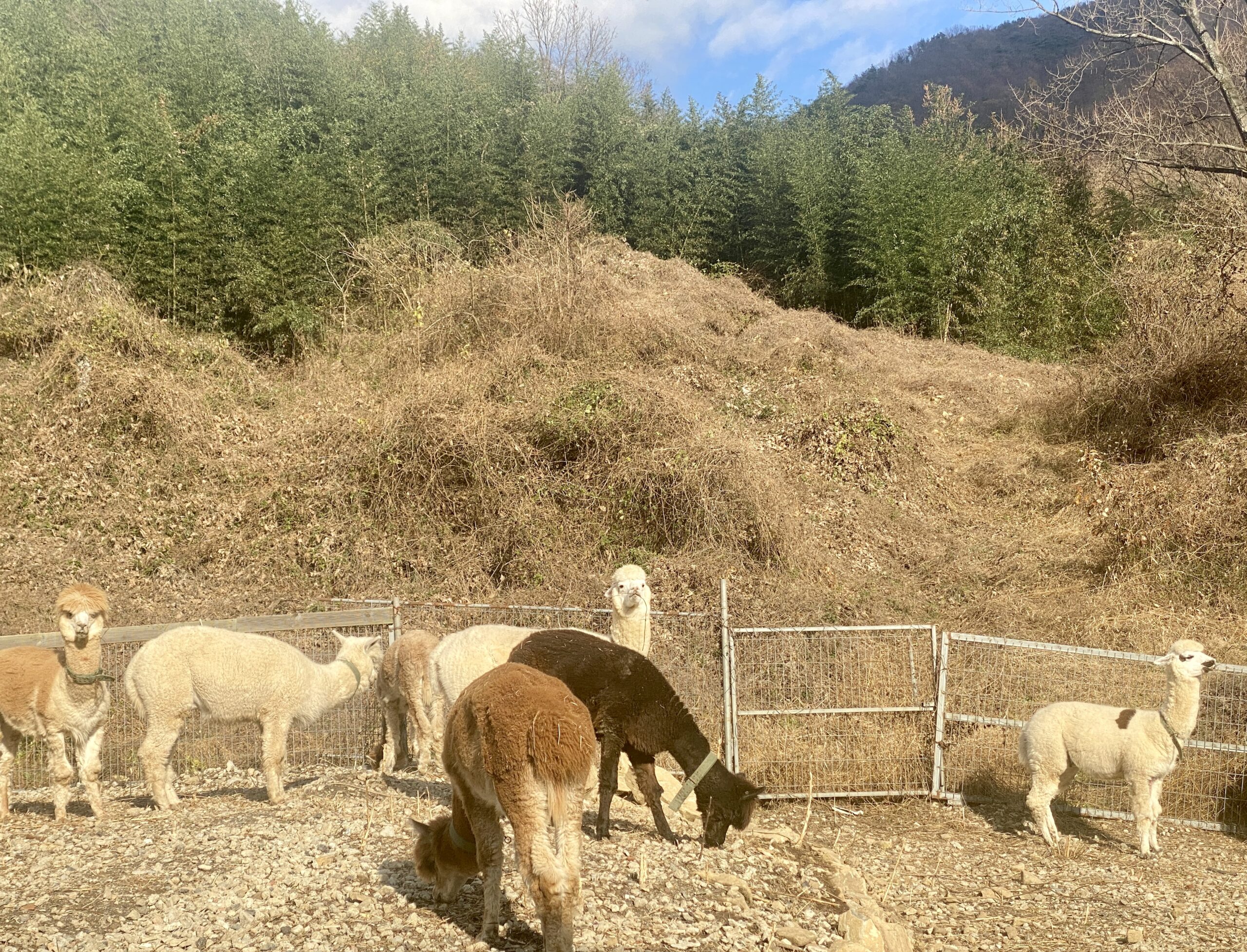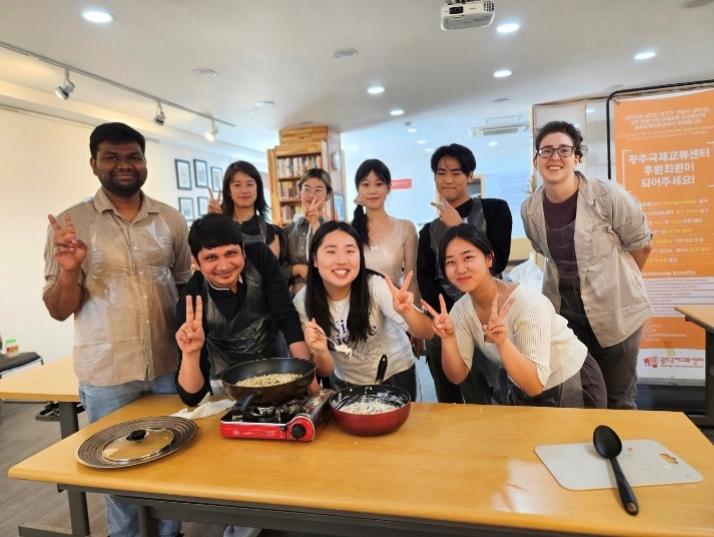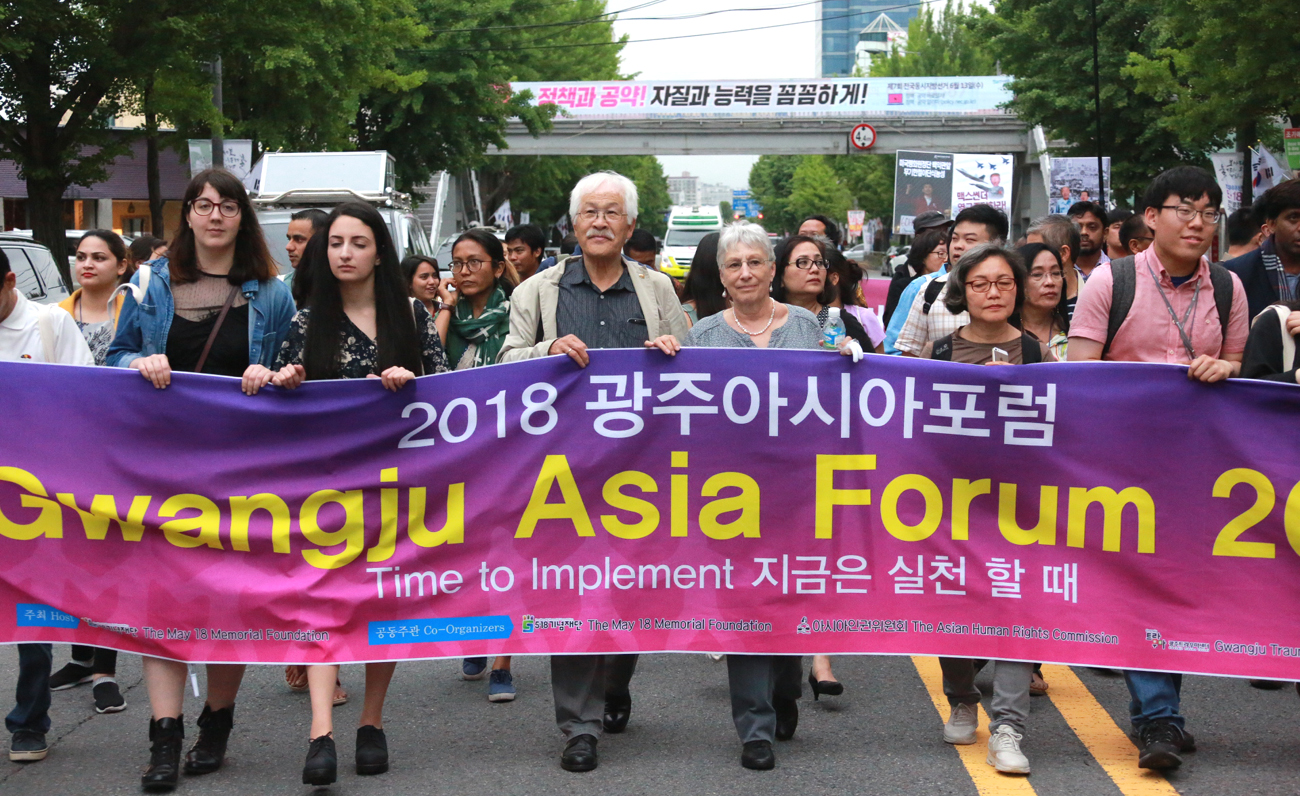Extending International Solidarity from Gwangju: The May 18 Memorial Foundation
Written by Praveen Kumar Yadav
May is a poignant month for Gwangju people, whose struggles in 1980 ultimately led to triumph over dictatorship and the establishment of democracy in South Korea in 1987. Those ten bloody days of armed conflict between the government’s Special Forces and citizens of Gwangju left hundreds dead and seriously injured in May 1980 but played a significant role in Korea’s democratization process and in international solidarity. Since its establishment in 1994, the May 18 Memorial Foundation has been working towards maintaining international solidarity and promoting the May 18 Spirit in Korea and beyond. I had the privilege of speaking with You In-rae, director at the Foundation’s International Affairs Department, about the organization’s activities. Here are some excerpts from that exchange.
Praveen Kumar Yadav (Yadav): Firstly, thank you for taking the time to answer a few questions. Could you please share the role of the international community during the May 18 Democratic Uprising in 1980?
You In-rae (You): My pleasure. Overseas Koreans and foreign journalists played a significant role in the May 18 Democratic Uprising. Gwangju in 1980 was not as accessible to the world as it is today. Korean journalists were pressured to either cover up or distort what was really going on in Gwangju. And so, it was only natural that overseas Korean and foreign journalists played a pivotal role in letting the world know about the Uprising.
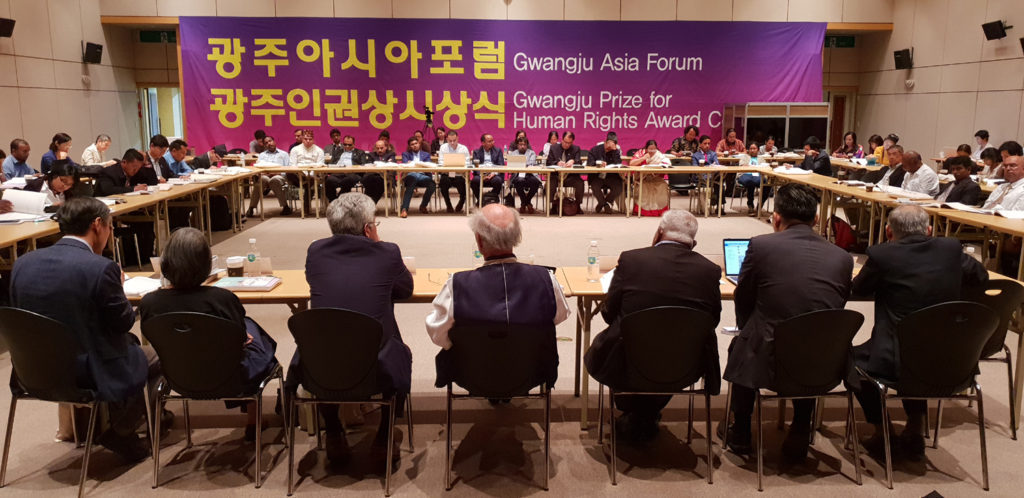
The very first foreign journalist to report on the massacre was the late German journalist Jürgen Hinzpeter. The well-known movie A Taxi Driver depicts his heroic actions. Other journalists from Japan, America, and European countries were there, too. Without their contributions, the Uprising would have been merely known to history as an “incident” or a “riot incited by communists.”
Yadav: International solidarity is equally important for maintaining and promoting democracy, human rights, and peace across the globe. Your organization also maintains such significance through activities and projects. What are they?
You: All the projects that my department carries out are directly or indirectly related to strengthening international solidarity, as its name – the International Solidarity Department – implies.
The May 18 Memorial Foundation’s international projects really began in 2000 with the Gwangju Prize for Human Rights. Since then, each year we have selected either an individual or an organization that has contributed to promoting democracy, peace, and human rights. Beginning in 2013, we added a special prize to recognize those who have made contributions through the arts, journalism, and cultural and academic activities.
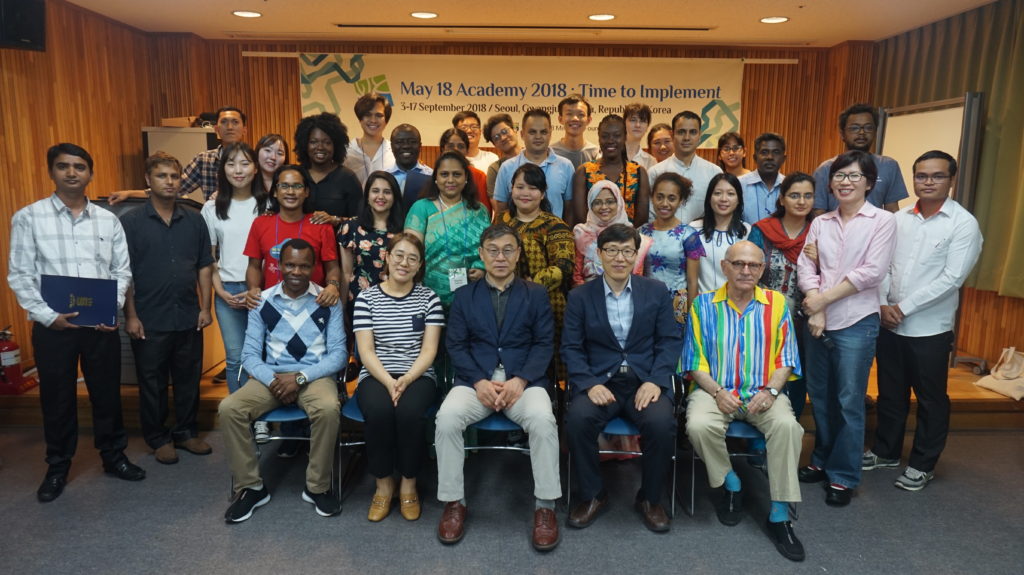
Another flagship project is the Gwangju Asia Forum, which we’ve held every May since 2010. Over the previous nine years, this forum has provided a platform for activists mainly from Asia to explain the situation of democracy and human rights in their own countries, strengthen solidarity, and seek possible solutions.
Also, yearly since 2004, we have held the May 18 Academy. It is an education and training program for Asian human rights activists. So far, over 300 participants from 42 countries have participated in our Academy. Many participants have later emerged as prominent figures in their countries where they struggle to secure democracy.
Yadav: As you mentioned, the Gwangju Asia Forum is held every May. Could you please briefly talk about the highlights of this year’s forum?
You: The theme of this year’s forum is “Genocide and Refugees: State Violence and State Responsibility to Protect Its People.” Under this theme, we will deal with three sub-themes: May 18 Uprising Fact-Finding, Refugees, and Righting Past Injustice.
Even after 39 years, the truth of the May 18 Democratic Uprising is still obscure, and the May 18 Special Law [1995 law providing for prosecution beyond the statute of limitations] has failed to garner enough results. Against this backdrop, the May 18 Uprising Fact-Finding session will discuss and analyze the May 18 Uprising’s fact-finding process and its limits during the transitional period, and look for tasks that have been left out during the process.
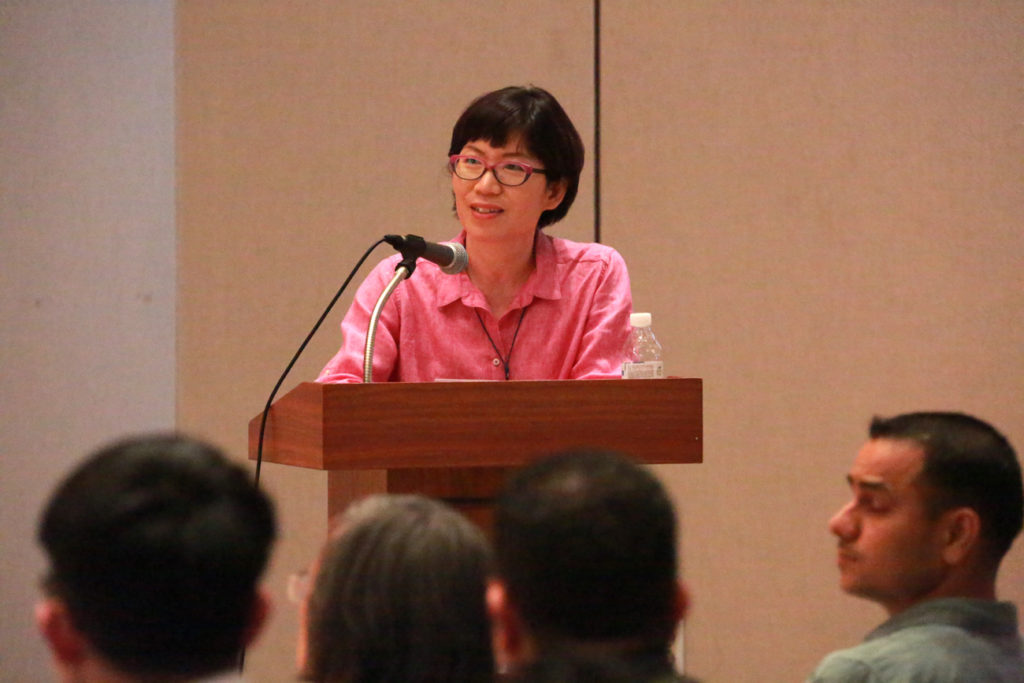
The refugee crisis can be ascribed to state violence, as today’s refugee matters are closely related with state violence and conflicts between state parties, as shown in Syria and with the Rohingya. International communities, such as the UN, actively collaborate in dealing with this issue while each concerned nation too often lags in taking action. In this context, the May 18 Memorial Foundation acknowledges that the nations should assume their sincere responsibility in protecting stateless people and refugees, and seek solutions beyond discrimination and hatred for refugees in order to bring about coexistence. The refugee session during the forum will be the largest refugee-related event in Korea, with refugees and 14 overseas experts attending, including Mr. Frank Remus, the interim representative of Korea’s United Nations High Commission for Refugees (UNHCR Korea). We expect to seek possible solutions in dealing with the refugee crisis in general and in particular, to induce positive changes to negative conceptions of and attitudes towards refugees in Korea.
The session under the sub-theme, Righting Past Injustice, will scrutinize the results and limits of the state-run projects in dealing with past unjust activities in Korea, Indonesia, and Argentina, as well as future prospects. Upon agreeing that the development of democracy will be impaired if a state fails to right its past wrongdoings, participants will review past cases of state violence and suggest future-oriented resolutions.
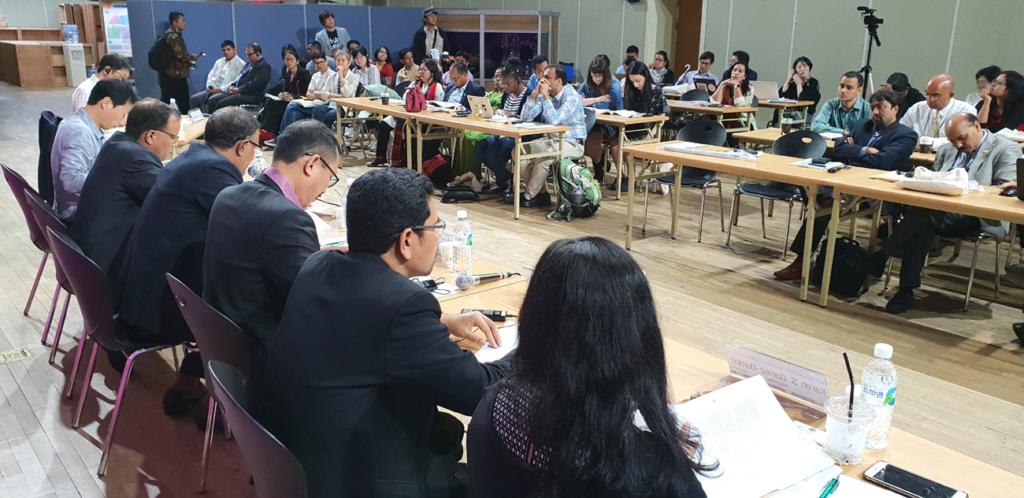
Yadav: This year’s forum sounds most interesting! Before we conclude this interview, is there anything that you would like to add?
You: Yes. When an individual reaches the age of forty, he or she is expected to have garnered a certain amount of maturity. This also pertains to a nation or a group of people. That is to say, almost 40 years has passed since the Uprising, and it is time for Korea and Koreans to show their maturity and accept the truth of their history. What has been so far proven at home and abroad is that the May 18 Democratic Uprising is a beacon for democracy that sheds light upon not only Koreans but upon people of other nations as well.
I would like now to end by quoting what Margaret Mead once said: “Never doubt that a small group of thoughtful, committed citizens can change the world.”
Photographs courtesy of May 18 Memorial Foundation
The Author
The author, a human rights researcher from Nepal, works for the Gwangju-based May 18 Memorial Foundation in South Korea. He maintains his writings and blogs at www.iprav33n.com

